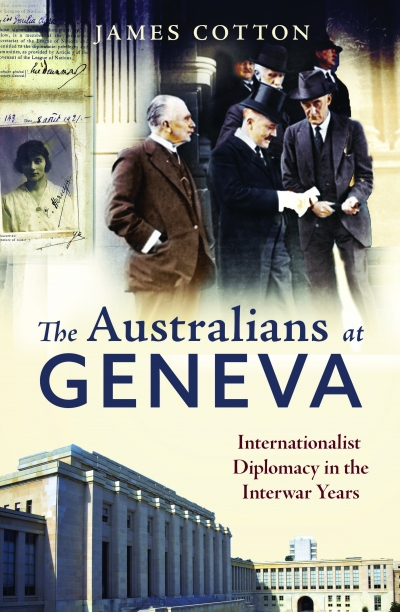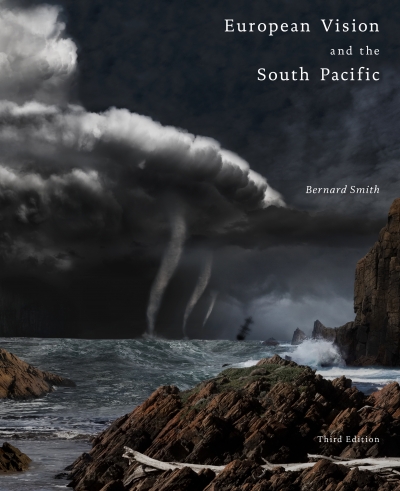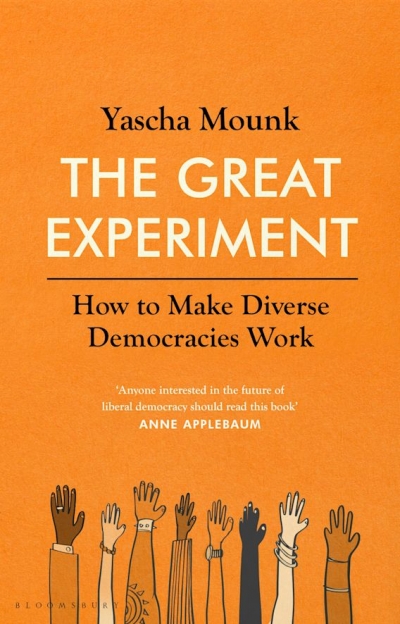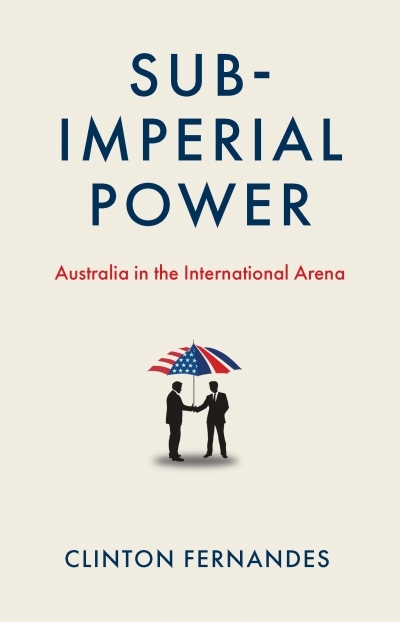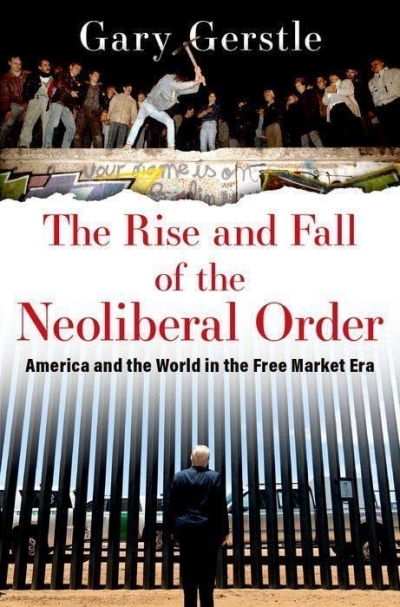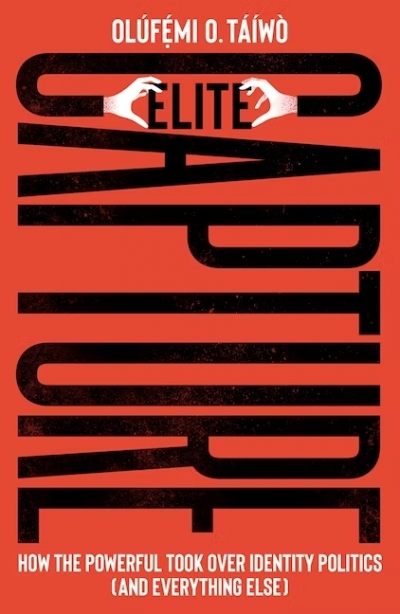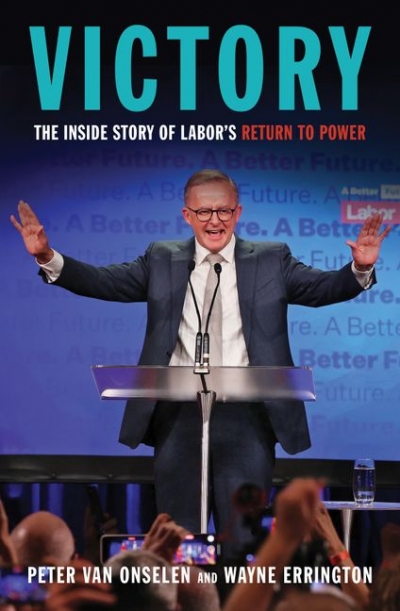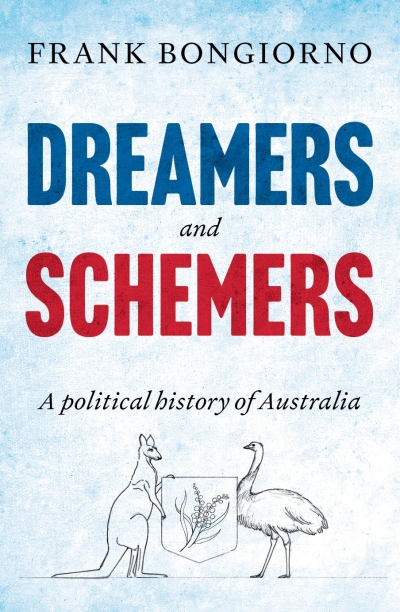Politics
The Australians at Geneva: Internationalist diplomacy in the interwar years by James Cotton
by Michelle Staff •
European Vision and the South Pacific, Third Edition by Bernard Smith
by Lynette Russell •
The Great Experiment: How to make diverse democracies work by Yascha Mounk
by Ben Wellings •
Subimperial Power: Australia in the international arena by Clinton Fernandes
by Kevin Foster •
The National Anti-Corruption Bill 2022 was introduced into parliament by the attorney-general, Mark Dreyfus KC, on 28 September 2022. After the second reading speech, the NACC Bill was sent for consideration to a Joint Select Committee, which duly completed its report in time to enable the Bill to be considered for enactment in November.
... (read more)The Rise and Fall of the Neoliberal Order: America and the world in the free market era by Gary Gerstle
by Ian Tyrrell •
Elite Capture: How the powerful took over identity politics (and everything else) by Olúféṃi O. Táíwò
by Yassmin Abdel-Magied •
Victory: The inside story of Labor's return to power by Peter van Onselen and Wayne Errington
Dreamers and Schemers: A political history of Australia by Frank Bongiorno
by James Walter •

